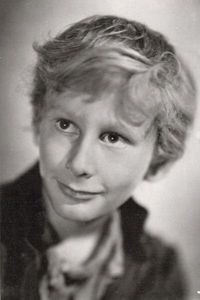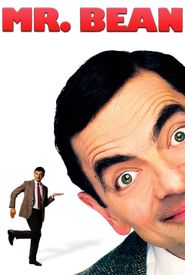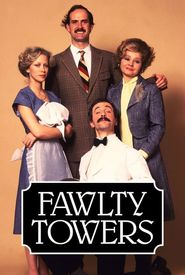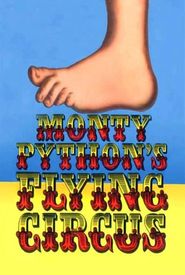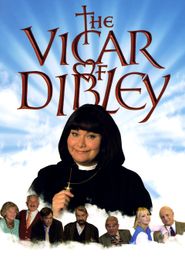John Howard Davies, a renowned producer and director, entered this world on March 9, 1939, in the bustling Paddington area of London, England, United Kingdom. He would go on to leave an indelible mark on the world of entertainment, with his work on a plethora of iconic productions, including the 1948 adaptation of Charles Dickens' timeless classic, Oliver Twist.
Davies' impressive career would also see him at the helm of the beloved British sitcom, Mr. Bean, which premiered in 1990 and captivated audiences worldwide with its unique blend of physical comedy and wit. Furthermore, his work on the groundbreaking and influential Monty Python's Flying Circus, which debuted in 1969, solidified his status as a master of his craft.
In his personal life, Davies was married three times, first to Linda Patricia, then to Dale Mackenzie Tillotson, and finally to Leonie Taylor. His life was filled with love, laughter, and a deep passion for his work.
Sadly, John Howard Davies' time on this earth came to an end on August 22, 2011, in Blewbury, Oxfordshire, England, United Kingdom. His legacy, however, lives on through the countless productions he was a part of, and the joy and laughter he brought to audiences around the world.
